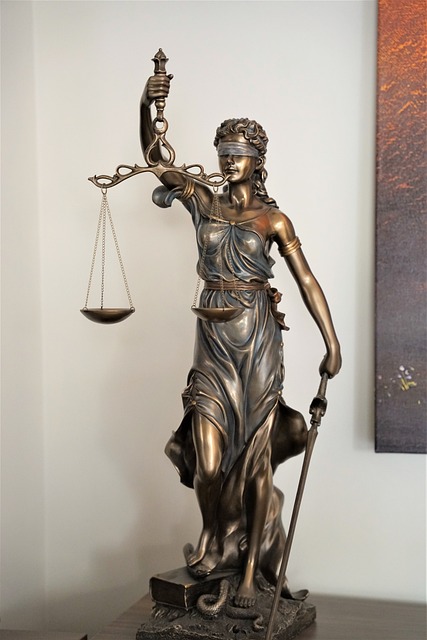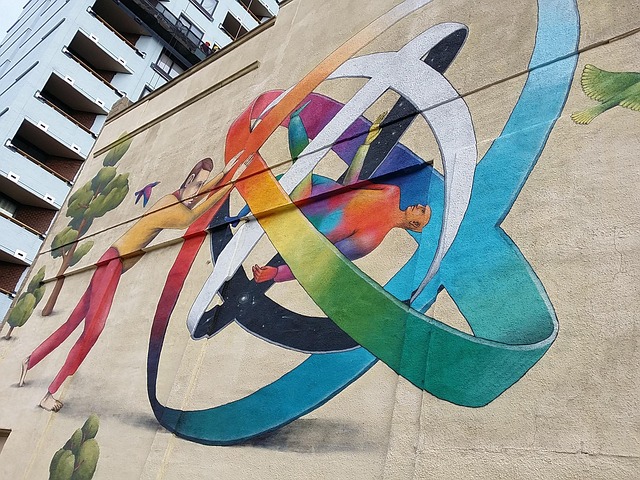Online platforms revolutionize therapist verification in Baltimore, MD, allowing residents to research credentials and history easily. This empowers informed decisions for mental health services and aids massage abuse attorneys by providing access to detailed therapist information, including licenses, certifications, and disciplinary records. Apps streamline the process, fostering trust, protecting victims, and ensuring justice.
In today’s digital age, ensuring client safety through thorough therapist credential verification is paramount. This article explores innovative solutions for this critical process in Baltimore, Maryland. We delve into the rise of apps designed to streamline attorney research on local therapists, with a specific focus on identifying potential risks associated with massage abuse cases. By examining legal requirements and best practices, we aim to enhance client protection within the Baltimore MD therapy landscape.
Exploring Digital Verification Methods for Therapists in Baltimore

In today’s digital era, exploring innovative methods for therapist verification is more crucial than ever. For individuals seeking mental health services in Baltimore, Maryland, ensuring the credentials and legitimacy of therapists is essential to foster trust and effective treatment. Digital platforms offer a game-changing approach to this process by providing convenient and transparent access to therapist information.
One such method involves online databases and apps that allow clients to verify a therapist’s license, certifications, and even review their professional history. These tools empower individuals to make informed decisions when choosing a healthcare provider, potentially reducing instances of massage abuse or unethical practices. With just a few clicks, Baltimore residents can gain valuable insights into therapists’ qualifications, ensuring they receive care from reputable professionals.
The Role of Massage Therapy Credentials in Abuse Cases

In cases of alleged massage abuse, verifying a therapist’s credentials is paramount. The role of proper certification and licensing becomes even more critical in such scenarios, as it helps protect victims and ensures justice. Massage therapy credentials act as a safeguard, allowing clients to make informed choices about their well-being. When a client seeks help from a licensed professional, they expect a certain level of expertise and ethical conduct, which is crucial for preventing potential abuse.
In Baltimore, MD, where there’s a growing demand for wellness services, massage abuse attorneys often rely on thorough verification of therapist credentials to build strong cases. Accurate documentation, including certifications, licenses, and any disciplinary actions, can be pivotal in legal proceedings against negligent or abusive therapists. This process helps ensure that those who exploit their positions are held accountable, providing justice for victims and maintaining the integrity of the massage therapy profession.
Legal Requirements for Therapist Certification in Maryland

In Maryland, including the city of Baltimore, therapists and counselors must meet strict legal requirements for certification to ensure client safety and ethical practice. The state has established guidelines and regulations to govern mental health professionals, including licensing and oversight. All therapists in Maryland are required to obtain a license from the Maryland Board of Professional Licensing (MBPL). This involves completing an approved graduate degree program, passing relevant exams, and meeting supervised clinical hours. Additionally, therapists must demonstrate competence in their field and maintain ongoing professional development.
For massage therapy specifically, the state has its own regulations. Massage therapists in Baltimore MD must be licensed by the Maryland Board of Massage Therapy (MBMT). They are required to complete a state-approved training program, pass examinations, and meet specific criteria for continuing education to maintain their license. Moreover, there are strict rules against professional misconduct, including instances of massage abuse, which can lead to legal repercussions, including involvement from massage abuse attorneys Baltimore MD, if clients feel harmed or exploited during therapy sessions.
Apps to Streamline Attorney Research on Baltimore MD Therapists

In the digital age, finding reliable information about healthcare professionals is just a few taps away. For those seeking therapy in Baltimore, Maryland, there’s a growing array of apps designed to streamline the process of verifying therapist credentials. These tools empower individuals to make informed decisions when choosing mental health support. One such app offers a comprehensive database of licensed therapists, allowing users to search for practitioners by specialization, location, and insurance coverage.
Additionally, mobile applications dedicated to legal services can be invaluable resources for those facing massage abuse or seeking representation from massage abuse attorneys in Baltimore MD. These apps provide easy access to attorney profiles, client reviews, and contact information, enabling quick connections with legal experts. By utilizing these innovative solutions, individuals can efficiently navigate their options and find the support they need, whether it’s therapeutic or legal assistance.
Enhancing Client Safety: A Guide to Verifying Credentials

In today’s digital era, enhancing client safety in therapeutic settings is paramount. Verifying a therapist’s credentials is an essential step to ensure clients receive treatment from qualified and legitimate professionals. Apps designed for this purpose play a pivotal role in navigating the complex landscape of mental health care. They equip individuals with the tools to make informed decisions, fostering a safer environment for those seeking therapy.
When considering a therapist, especially in cases involving sensitive issues like massage abuse, Baltimore MD residents have access to resources that facilitate verification. These apps offer a straightforward way to confirm licenses, certifications, and any potential disciplinary actions, empowering clients to protect themselves from unethical practices. By utilizing such tools, folks can navigate the intricate web of therapeutic options with greater confidence and peace of mind.






